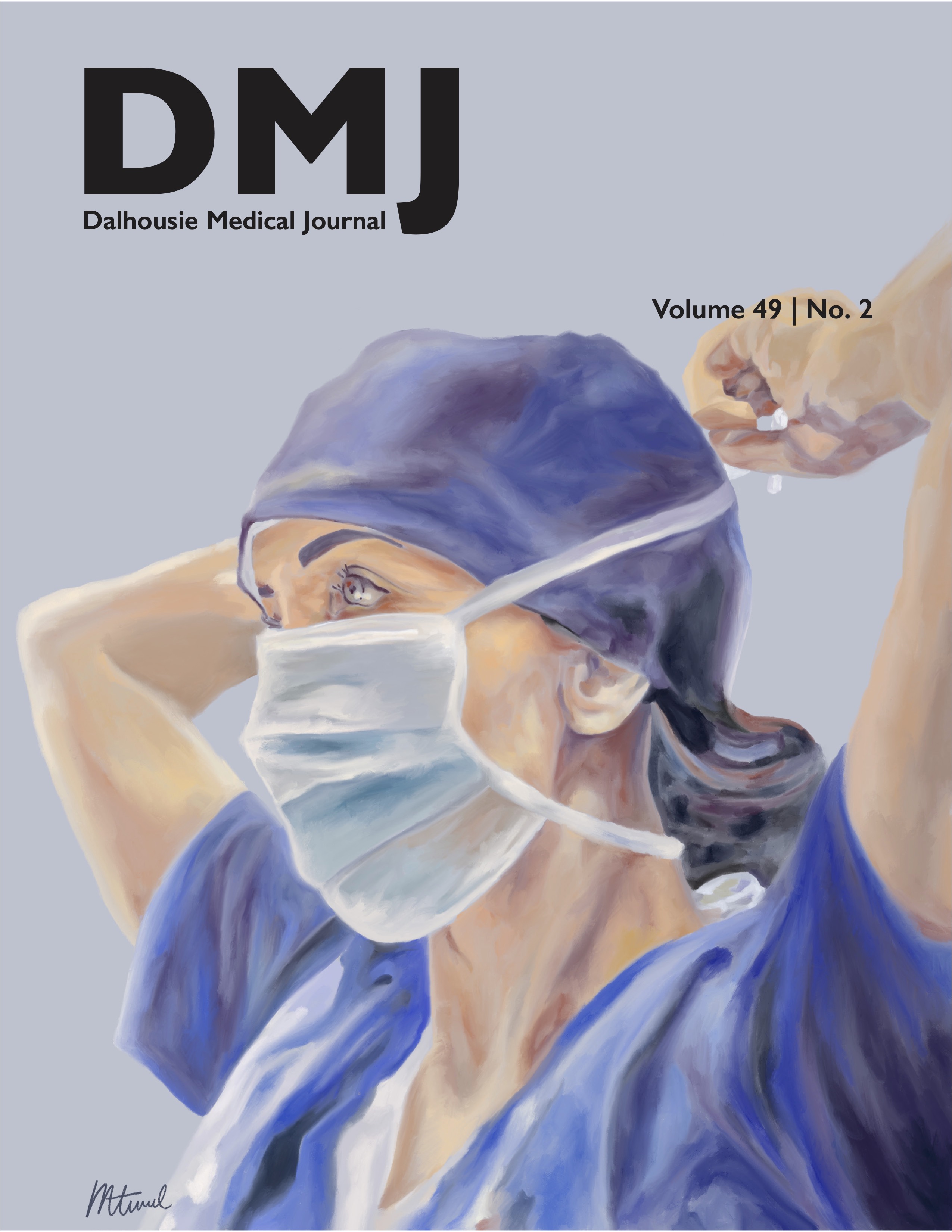Hackathons within medical education: Promoting cutting-edge innovation in surgery
DOI:
https://doi.org/10.15273/dmj.Vol49No2.12009Abstract
Medical students need to begin to learn how to innovate earlier in their training. Hackathons offer opportunities to foster innovation in healthcare. We launched a hackathon for medical students to generate solutions to a real-world surgical problem. We focused on generating solutions to better support more women in surgery, an area of medicine where women remain underrepresented. The goal of our event was to not only generate solutions at a systemic level but within our own medical school, break down barriers for female medical students by allowing them to network with Dalhousie surgeons and better explore potential career goals by attending the event. Attendees reported the event provided an opportunity to build problem solving skills, communication skills and the opportunity to network with like-minded peers. Our hackathon supported idea generation however further emphasis on translation of solutions from idea generation to implementation within our healthcare system is needed.
Downloads
Published
How to Cite
Issue
Section
License
Copyright (c) 2023 Abigale MacLellan, Madeline Tweel

This work is licensed under a Creative Commons Attribution 4.0 International License.
Authors who publish with this journal agree to the following terms:
- Authors retain copyright and grant the journal right of first publication with the work simultaneously licensed under a Creative Commons Attribution License that allows others to share the work with an acknowledgement of the work's authorship and initial publication in this journal.
- Authors are able to enter into separate, additional contractual arrangements for the non-exclusive distribution of the journal's published version of the work (e.g., post it to an institutional repository or publish it in a book), with an acknowledgement of its initial publication in this journal.
- Authors are permitted and encouraged to post their work online (e.g., in institutional repositories or on their website) prior to and during the submission process, as it can lead to productive exchanges, as well as earlier and greater citation of published work (See The Effect of Open Access).


